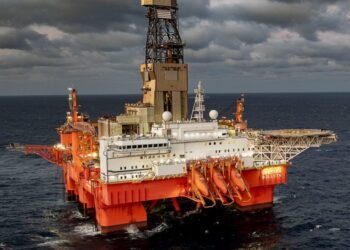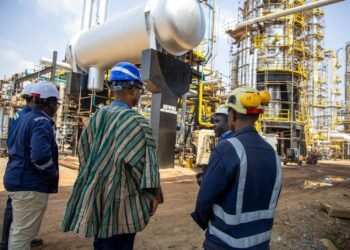President Nana Akuffo-Addo has granted the approval for the removal of Price Stabilization and Recovery Levies on petrol, diesel and liquefied petroleum gas (LPG) for a period of two months.
This move is in connection with the persistent rise in prices of petroleum products for the past six months, after the government imposed new taxes/levies on petroleum products.
In its capacity as the regulator of the downstream sector, the National Petroleum Authority (NPA) sought government’s intervention through the Ministry of Energy, “to neutralize the impact of rising prices of petroleum products on the global market on consumers”.
In a press statement released by the NPA, it stated that: “At this time it is important that the PSRL which is currently sixteen pesewas per litre (GHp16/Lt) on petrol, fourteen pesewas per Litre (Ghp14/Lt) on diesel, and fourteen pesewas per kilogram (GHp14/kg) on LNG are zeroed to cushion consumers.”
The existing global market dynamics reflects an upward trend in global oil prices. This trajectory is influenced by growing global demand without a corresponding increase in supply, particularly from the Organization of Petroleum Exporting Countries (OPEC) and its allies.
This is because Ghana’s petroleum market is deregulated, which means that prices are determined by demand and supply forces. As such, changes in prices of petroleum products on the world market have a direct impact on prices at the pumps.
NPA to work to speed up legislative processes for the zero PSR levies
In addition, the levies imposed by the government also formed a part of the rising prices in petroleum products. Therefore, to arrive at this decision to temporarily zero the PSR levies is welcoming.
Although a good start, this does not rule out the fact that global oil price dynamics and the volatilities in exchange rate will continue to affect the changes in prices of petroleum products.
In the first pricing window for October 2021, fuel price at the pump stood at GHS6.52 from GHS6.38 in September 2021. Despite the fact that Ghana practices a deregulated market system with the main characteristic of ensuring petroleum prices are competitive, the major players still remain Shell, TotalEnergies and Goil.
While these players charge the highest prices, consumers still purchase widely from them compared to other players who charge lower prices. Thus, deviating from the norm typically reflective of a deregulated market in this regard.
- Fuel Prices Nearing All-Time High, Consumers’ Budget to be Toppled
- Ghana: Monitor BDCs/OMCs to avoid hiking margins when market dynamics stabilize – Energy Expert
The NPA has assured that it will continue to work with the Ministries of Energy and Finance to speed up the legislative processes to immediately roll out the directive by the President.
The regulator indicated its appreciation to the President “for gaining the request to zero these levies to minimize the effect of rising prices of petroleum products on the world market on consumers in Ghana.”
READ ALSO: It is not the duty of GUTA to enforce the law- Dr Doku























